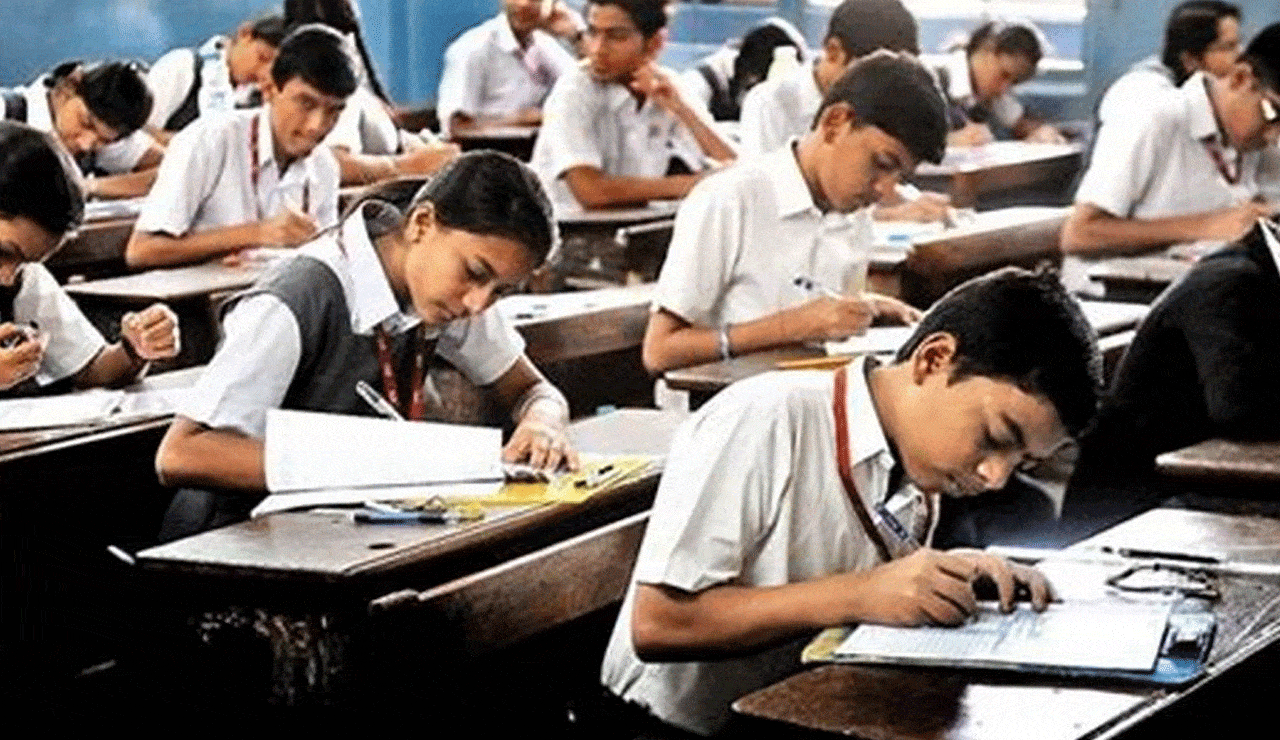India to Introduce Dual Board Exams for Class 10 from 2026: All You Need to Know
India’s education system is undergoing a significant transformation with the introduction of dual board exams for Class 10 students, starting in the 2025–26 academic year.

India’s education system is undergoing a significant transformation with the introduction of dual board exams for Class 10 students, starting in the 2025–26 academic year. Announced by the Ministry of Education, the reform is a key part of the National Education Policy (NEP) 2020, aiming to reduce exam pressure and improve student outcomes.
Table of Contents
What Are Dual Board Exams?
Under this new system, students will have two opportunities each academic year to take their board exams—once in February and again in April/May. They can retain the best score from the two attempts. This approach is designed to ease the burden of a single high-stakes exam and offer students greater flexibility.
Also Read: Vintage Car Collection Uncovered in Hyderabad as ED Raids Scam Suspects
No More Supplementary Exams
Traditionally, students who failed in one or more subjects were allowed to take supplementary exams. However, this will be discontinued. Instead, the dual exam system will offer a built-in second chance to improve performance within the same academic year. This aims to reduce the stigma and stress associated with failing and promotes continuous improvement.
Exam Structure and Costs: What to Expect
Both the February and April/May exams will cover the entire syllabus, ensuring a comprehensive assessment. Students will also appear at the same examination centres for both attempts to streamline logistics.
However, students will have to pay separate exam fees for each attempt, which could pose a financial challenge for some families. Additionally, revised timelines for registration and subject selection could add pressure on students to make quick decisions.
Why This Reform Is Being Implemented
This move aligns with the student-centric vision of NEP 2020. Allowing a second attempt within the same year helps students avoid losing an academic year due to one poor exam performance. The structure is modeled on international systems like the UK’s modular exams, enhancing India’s alignment with global education standards.
The exam papers are also expected to shift focus from rote learning to competency-based questions, promoting critical thinking and analytical skills.
Boards Gearing Up for Dual Exams
Leading education boards, including the CBSE and CISCE, are preparing to implement the dual exam system. CBSE has announced a pilot programme for the 2025–26 academic session, with full-scale implementation starting February 2026.
State boards such as the Maharashtra Board (MSBSHSE), Tamil Nadu’s TNDGE, and Karnataka’s KSEEB are actively preparing. Boards like Jharkhand Academic Council (JAC) and Punjab School Education Board (PSEB) are evaluating the proposal.
Benefits and Challenges of the Dual Exam System
Benefits:
- Reduced exam stress and mental pressure on students
- Improved academic performance with a second chance
- Encourages deeper learning and skill development
- CBSE plans to integrate AI-based evaluation tools
Concerns:
- Students may feel pressured to appear for both exams
- Rural schools may struggle with logistics and planning
- Private coaching centres might exploit the new system, increasing educational inequality

